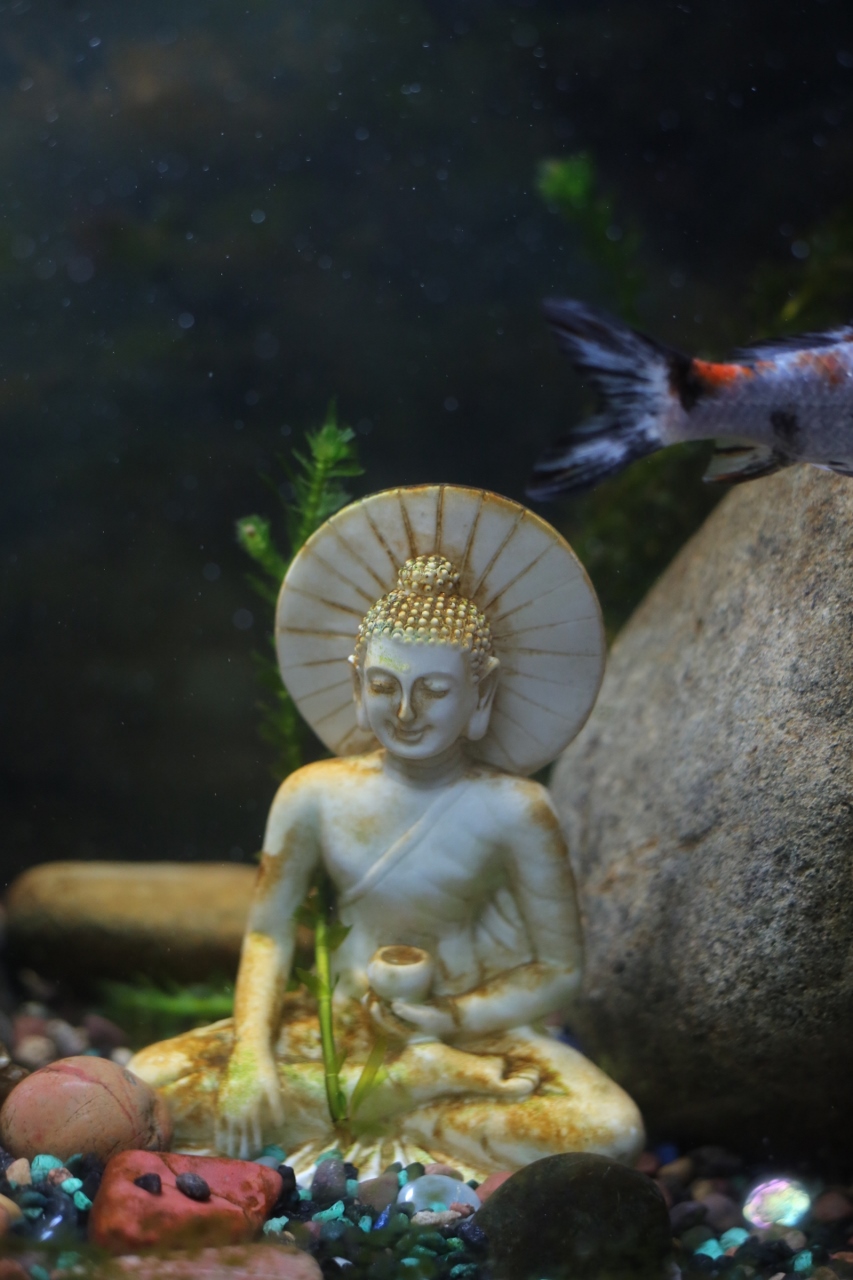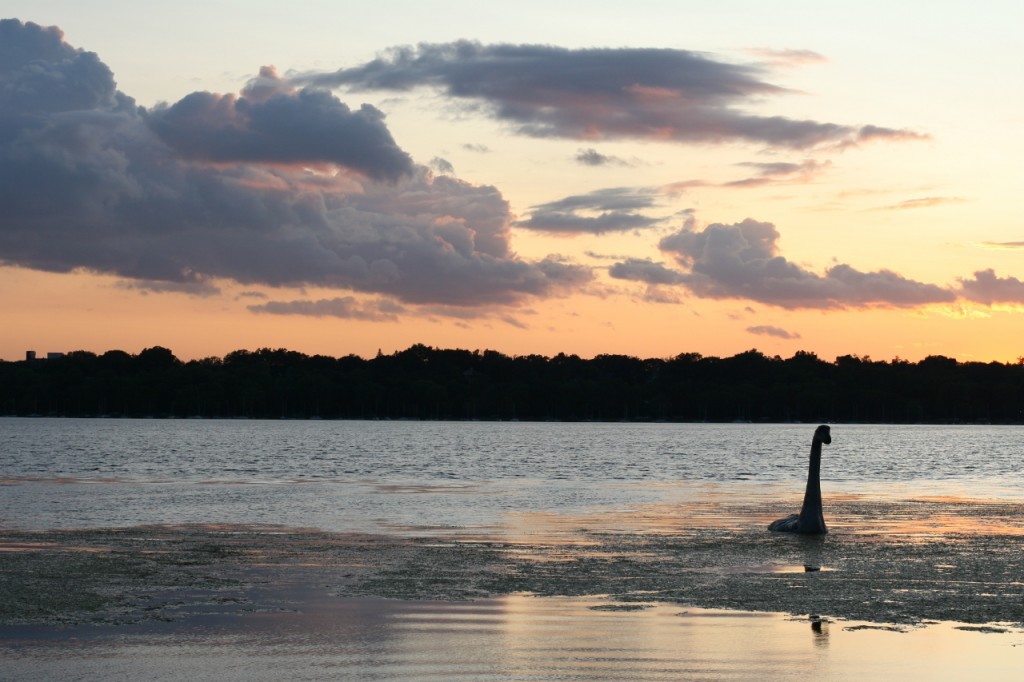
By Liz Lasiter
I found out I was pregnant while I was completing my training at a bourgeoisie swim school in the Presidio, a wealthy residential neighborhood in San Francisco. I was in my early twenties, fierce with rejections from graduate programs, and sleeping with men that weren’t my boyfriend.
After my final interview at the swim school, I walked back to my car with stacks of training homework, a complimentary tee-shirt, and a tight black one piece. I could feel the reality of my body, quickly taking on its new purpose despite my denial. My period: late. My infidelity: coming to the surface. There was a deep longing in my abdomen, a glow on my face. My body knew what it was doing and it didn’t care if I caught up.
During my lunch breaks at the swim school, I was always feeding myself like a starving animal. Salt and bread. Sour cream. Sauerkraut. Sourdough. On my way to the pool I’d stop and get myself Greek food, hummus and tahini cascading over the steering wheel. Sauce on the front of my complementary work shirt and in the seams of my front seat. I had an insatiable hunger. No matter how hard I tried, I could never be satisfied.
Why should I indulge myself? I’d ask myself during these moments of ferocious feeding. Guilty at the grandiose amounts of food. When I took a pregnancy test in the Walgreens bathroom near my house, I immediately decided I didn’t want to have it. I wanted an abortion. I was too hungry and restless to have a baby. I was too unsure of my relationships with men and relationship with myself. Despite my upcoming abortion, I decided to finish up the month of training at the swim school.
Each day I’d thread my ankles and thighs through the slick black suit, one leg at a time. I’d touch the acne on my face. My breasts felt raw and vulnerable under the spandex. My hair always smelled like chlorine, which caused me to retch in the bathroom next to happy whales painted on the walls and step stools for toddlers to reach the sink. The weight of my body was an anchor in the water.
During the lessons when I had to teach the kids to dive into the deep end, sometimes I just felt like sinking. In newborn swim training, they’d place plastic baby dolls in our arms. Treat them like they’re real, they’d say. Their plastic hands were reaching out to touch our faces, their backs curved in a perpetual cradle. In a circle, we would practice our songs, hand positions, and methods for dipping infant heads under the water without getting any in their noses. They told us babies are born natural swimmers. They told us babies learn to be scared of water as they get older.
Softly, I would take my doll through the water. I’d watch it while the waves bounced off of plastic hair rivets. The smell of plastic and chlorine on my skin was so overwhelming, it made me hungry and sick at the same time. It reminded me of being at the Little Rock public pool, where I’d swim for hours and devour anything I could get my hands on after I was through. Microwavable pizza. Half cooked hot dogs. When we were finished with the dolls, we placed them back in their coordinating bins.
During my first lesson away from an experienced instructor, I held the newborn, chubby arms afloat as the babies would try and paddle their malleable legs to the soft lullaby in my voice. I sang “Twinkle, Twinkle Little Sea Star”, matching my tired eyes to their curious ones. Their gazes were intoxicating. One parent would be in the pool as the other took photographs. I’d cup the back of their patchy haired heads and gently ooze them under water. In a second they’d emerge, delicate eyelashes sprinkled with pool water. Then I’d lead the fresh-faced infant back to the dad in the navy swimming trunks where he’d plant wet kisses on baby cheeks, cooing congratulatory words.
I was a stranger, a pregnant stranger, holding their baby just above the surface of the water. Would they have trusted the instructor in her sleek black swimsuit if they knew of insecurities of motherly instincts or lack thereof? Would they have judged her in the same way she was judging herself?
I couldn’t help but think of my own mother during this time. The instance she saw me take my floaties off at the public pool in Little Rock, eventually jumping in after I sunk to the bottom.
I took my instructor’s manual with me to my procedure. I held it over my face while a priest called me a murderer. It rolled off his tongue the same way cheater had when spoken by my ex-boyfriend. The priest’s clothes smelled like frankincense, and I remember it burning in the cathedral when I was young. Father Henry, the father I would see daily at my church school, had the same potent, peppery smell on his clothes.
My mentor at Planned Parenthood had a six year old child in my swim program. We just want to get him to the green ribbon, she said directly after the procedure was over. My voice trembled when I responded to my mentor. Her name was Sophie. She held my hand tightly when I’d welp in pain, sick from my stomach contracting. She rubbed my hair and put a heating pad on my back. She didn’t call me a murderer or a cheater. She was a woman, a person, who understood.
Tell him he has to move with his breath, I said as I threaded my ankles and thighs back into my underwear, one leg at a time. I didn’t have the heart to tell her I was going to quit once I got home. Sophie led me to a chocolate brown recliner. My weeps sounded like whispers. I felt lonely. I felt relieved. The curtains separated me from the other girls. I could hear them breathing slowly in between sips of water.
Back in the waiting room, I sat in another section for my antibiotics. When Sophie handed me my brown paper bag, I could hear the music as doors opened and closed. Familiar hymnals were playing at full volume out of an old portable stereo. Songs I knew by heart. We had to sing at my Catholic grade school. Somewhere deep inside of me I still knew all the lyrics, which prompted only admiration for what it is to know beautiful words, but also frustrated for making me feel I had to be a certain kind of woman when I was only a girl. A woman who only wore dresses in church and never thought about sex. A woman who can’t know anything bigger than her unless she does those things. A woman who should feel bad about her decisions and mistakes.
The surface outside was glowing under the Mission District sunlight. The man who had harassed me earlier leapt from his chair to yell into my ear. He followed me the entire way down the sidewalk, shoving pamphlets of how to heal, how not to go to hell, how it’s not too late for me. I threw the pamphlets in the trash.
In the distance I could hear the hymnal was at its chorus again. I thought about how it wasn’t too late for me. I thought about how I could still be a mother when it felt right. I thought about how I could still be spiritual even though I wasn’t religious. I thought about how kind strangers can be despite others who want to make me feel as bad as they do. I thought about the way water works to carry people onward to new beginnings and how this time I wasn’t going to let myself sink.
•••
LIZ LASITER was born and raised in Little Rock, Arkansas. She moved to the Bay Area in 2011 to complete her Bachelor’s in Philosophy. She holds an MFA in Creative Nonfiction from Saint Mary’s College of California. She currently works and resides in San Francisco.

 Follow
Follow
